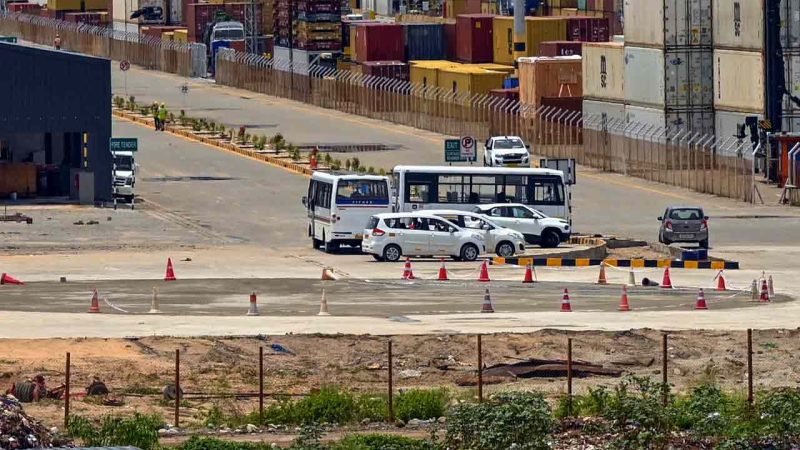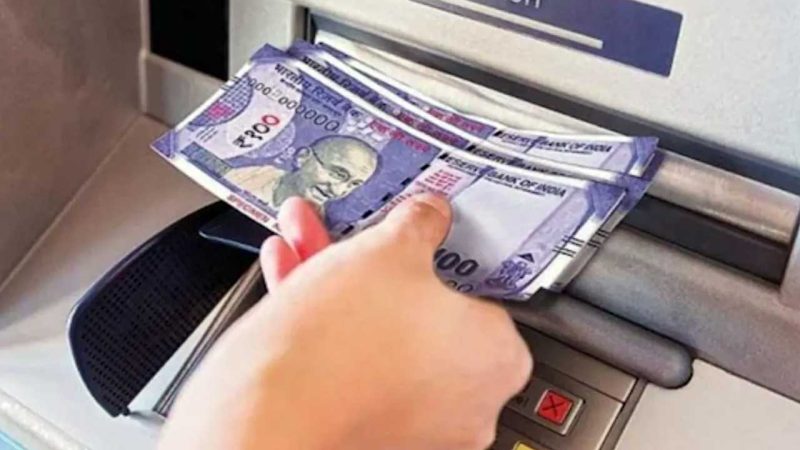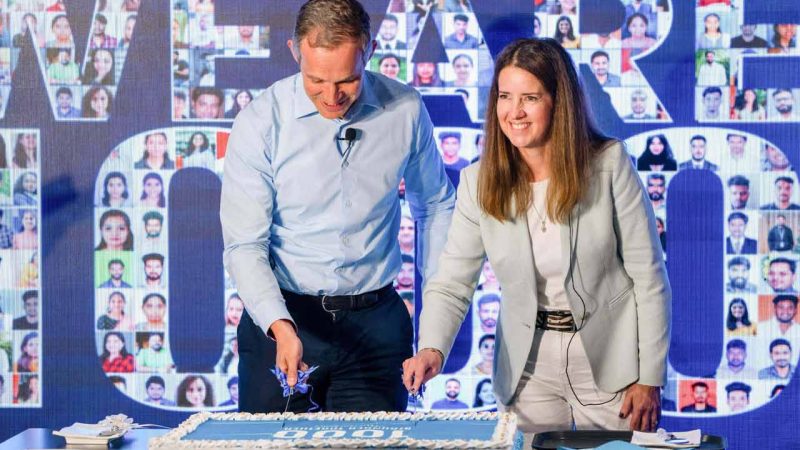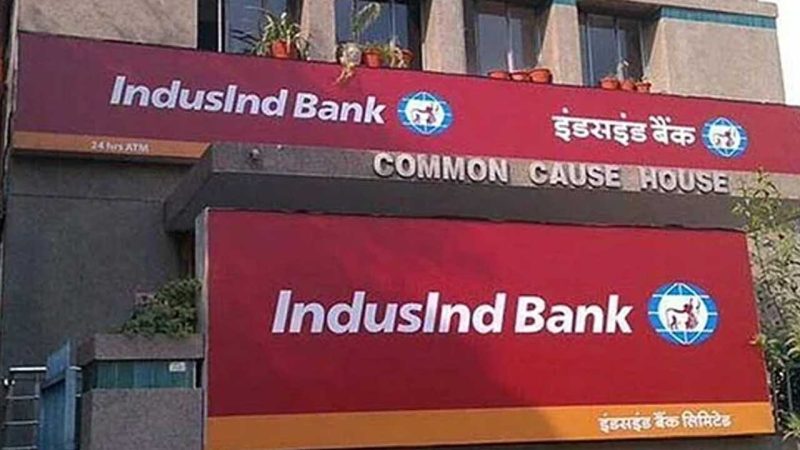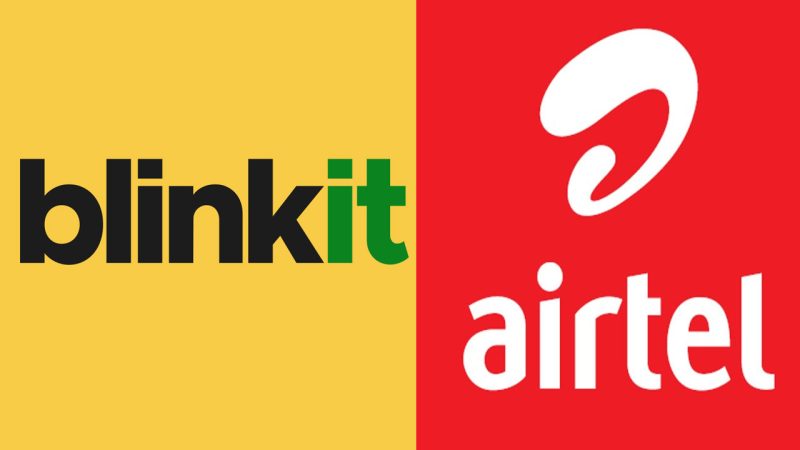Eternal to shut Zomato Quick, Everyday businesses
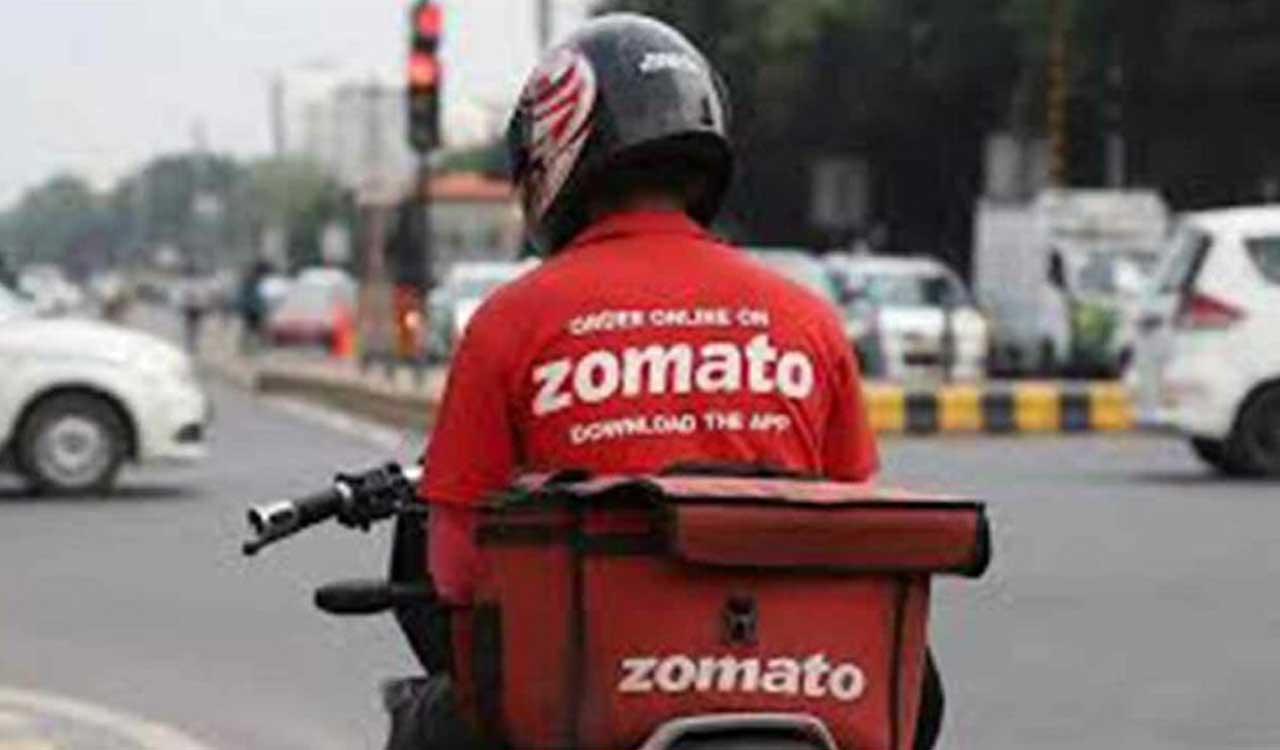
Zomato, which re-branded itself to Eternal in March, reported a net profit of Rs 39 crore for the fourth quarter ended March
Published Date – 1 May 2025, 06:11 PM

New Delhi: Food delivery and quick commerce firm Eternal, which owns the Zomato and Blinkit brands, on Thursday reported a consolidated net profit of Rs 39 crore for the fourth quarter ended March.
The online platform also announced that it is shutting its Zomato Quick and Everyday businesses.
The company, which re-branded itself from Zomato to Eternal in March, had reported a net profit of Rs 175 crore in the year-ago period. In a regulatory filing, it said the results for the quarter and year ended March 31, 2025, along with the December-end quarter, are not comparable with other periods.
Eternal’s revenue from operations in the January-March quarter stood at Rs 5,833 crore against Rs 3,562 crore a year ago, the filing showed. During the quarter under review, Eternal’s total expense stood at Rs 6,104 crore. It was Rs 3,636 crore in the year-ago period.
In a letter to shareholders, Eternal informed that it is shutting down Zomato Quick and Everyday businesses as it is not seeing the path to profitability without compromising on customer experience.
It also observed that the current restaurant density and kitchen infrastructure is not set up for delivering orders in 10 minutes, leading to inconsistent customer experience. Notably, during the fourth quarter,
Eternal’s food delivery platform Zomato de-listed nearly 19,000 restaurants, which either did not pass muster on hygiene standards based on severe customer escalations, were mimicking established brands and misleading customers; or operating multiple identical menu listings to hog more listing impressions.
Reflecting on the fourth quarter performance, Eternal Chief Financial Officer Akshant Goyal stated that on the profitability front, consolidated Adjusted EBITDA declined 15 per cent year-on-year to Rs 165 crore in Q4 FY25, largely on account of the accelerated investments in expanding its quick commerce store network, which was partly offset by the improvement in food delivery Adjusted EBITDA margin.
Blinkit CEO Albinder Dhindsa delved into the reasons behind the quick commerce business, witnessing a widening of the Adjusted EBITDA losses on a quarter-on-quarter basis.
“As mentioned in our last shareholders’ letter, the increase in losses was expected and in line with our plan to pull forward the expansion of our store network. We added 294 net new stores in Q4FY25, making our highest-ever net store addition in a single quarter.
“As a result, nearly 40 per cent of our overall network of 1,301 stores are under-utilised stores, opened in the last two quarters alone (216 in Q3FY25 and 294 in Q4FY25). We also added 1 million sq ft of new warehousing space to support the store expansion,” Albinder said. He further mentioned that the company does not have any plans to do private labels.
Eternal founder Deepinder Goyal informed that he is back in the driver’s seat as the food delivery CEO, with Rakesh Ranjan completing his two-year stint, as the firm follows a model of rotational leadership and implements an internal re-shuffle “to get fresh perspectives into the business”.
“As of now, I am back in the driver’s seat until we formalise the next set of leaders to take over for the next two years,” Goyal said.
The revenue reporting segments of the group include India food ordering and delivery, Hyperpure supplies (B2B), Blinkit (quick commerce), District (dining out and restaurant) and all other segments (residual).
Talking about the factors behind the current slowdown in food delivery, he admitted that growth does remain below expectations for now, attributing it to the sluggish demand environment (especially on discretionary spending), shortage (temporary) of delivery partners due to the rapid expansion of the industry and competition from quick delivery of packaged food from other platforms, leading to drop in demand for food delivery from restaurants.
“Overall, however, we don’t see any long-term structural reason for this slowdown, as the fundamentals — low penetration of restaurant food and increasing urbanisation and per capita income in India — remain unchanged,” he added.
Asked about Zomato Quick and Everyday, he said, “The current restaurant density & kitchen infrastructure is not set up for delivering orders in 10 minutes, which leads to inconsistent customer experience. As a result, we did not see any incrementality in demand while we ran Quick as an experiment for a few months”.
“In Q4FY25, about one-third of the going-out GOV was transacted through the District App. We expect to complete the full transition in the next couple of quarters, post which we will make our going-out offering accessible only on the District app,” he added.
The Eternal CFO said he expects that competition (in the quick commerce space) is going to intensify further from here in the near term.
“This is the largest consumption category in the country and beyond just the early quick commerce players, we will continue to see competition from next-day delivery companies as they invest more in faster deliveries, especially in non grocery categories. While this does not change our long-term optimism for the business, we think, we will see sustained competitive intensity in the near term,” he stated.


